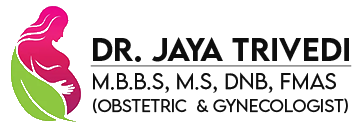What are chronic health conditions?
A chronic health condition (also called chronic illness or chronic disease) is one that lasts for 1 year or more that needs ongoing medical care and that can limit a person’s usual activities and affect daily life. More and more women of childbearing age in this country have chronic health conditions. This is because risk factors that make people likely to have chronic conditions, like poor nutrition, limited physical activity, being overweight and smoking, are increasing.
Women with chronic health conditions can and do have healthy pregnancies and healthy babies.
Your body does a great job taking care of your baby during pregnancy. If you have a chronic health condition, it may need some extra help from your health care providers to manage your condition and treatment (including prescription medicine) before, during and after pregnancy. There’s a lot you and your providers can do to keep your condition under control and keep your baby safe and healthy.
How can chronic health conditions affect pregnancy?
Chronic health conditions increase your risk for certain pregnancy complications. But careful treatment from health care providers can help you manage your condition to help you have a healthy pregnancy and a healthy baby.
Chronic health conditions can increase your risk for:
- Infertility. This means you have trouble getting pregnant.
- Premature birth. This is birth before 37 weeks of pregnancy. Babies born prematurely are more likely to have health problems than babies born on time.
- Birth defects. These are health conditions that are present at birth that change the shape or function of one or more parts of the body. Birth defects can cause problems in overall health, how the body develops or how the body works.
- Pregnancy loss, like miscarriage and stillbirth. Miscarriage is the death of a baby in the womb before 20 weeks of pregnancy. Stillbirth is the death of a baby in the womb.

